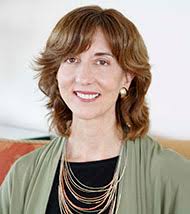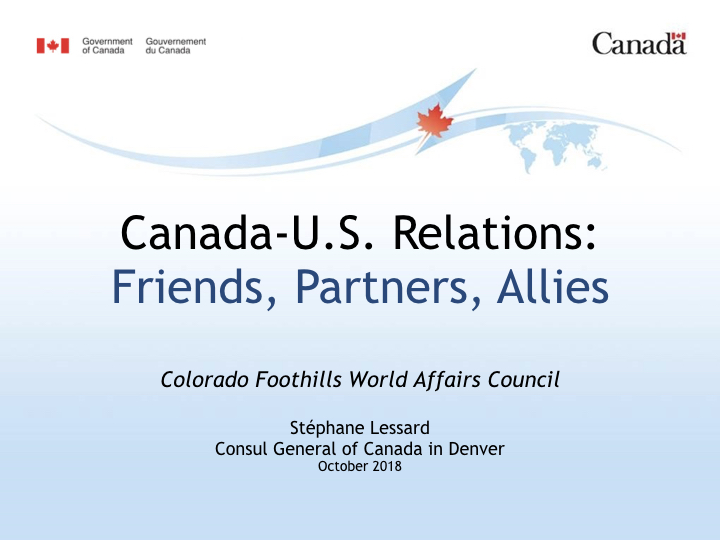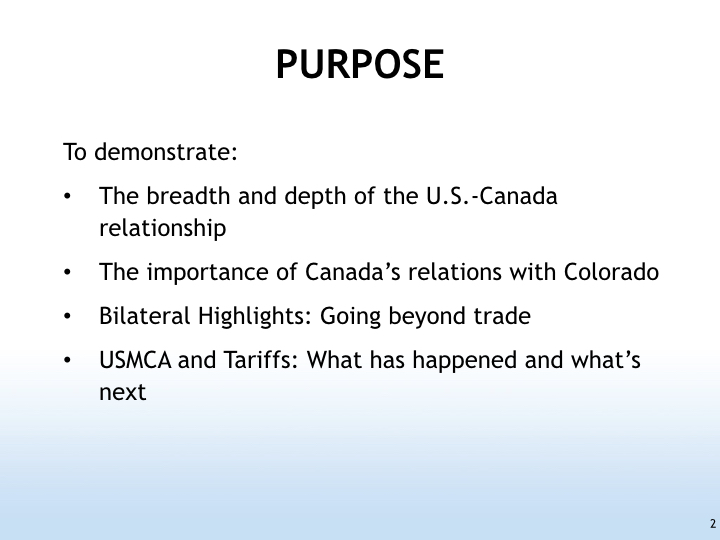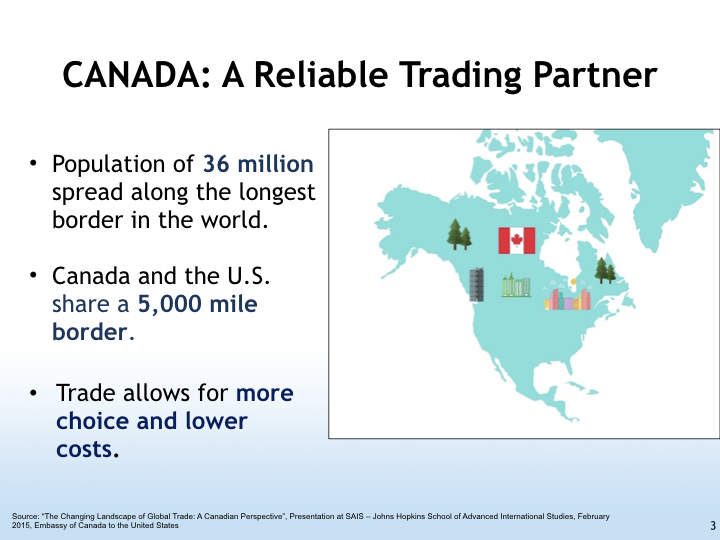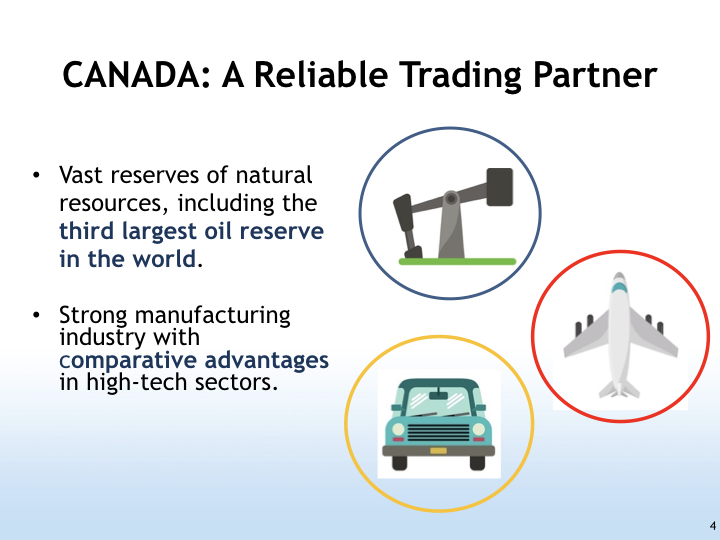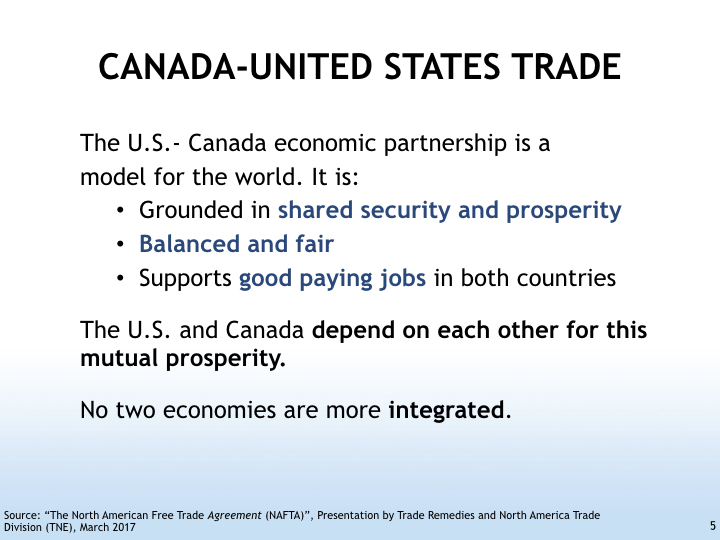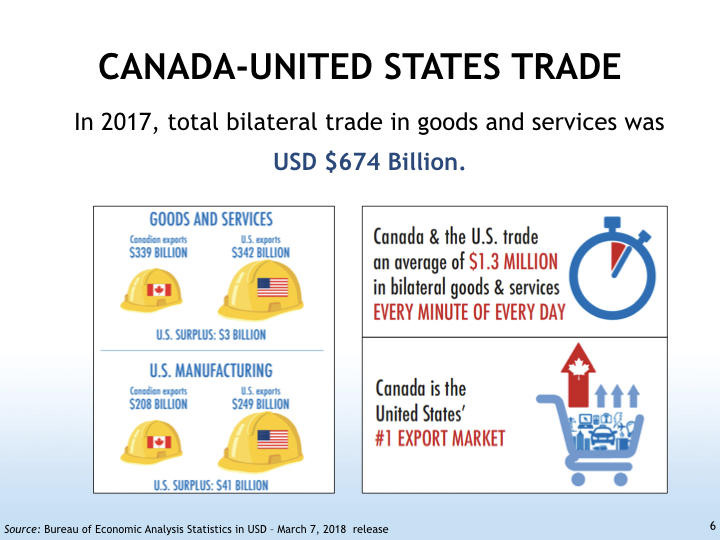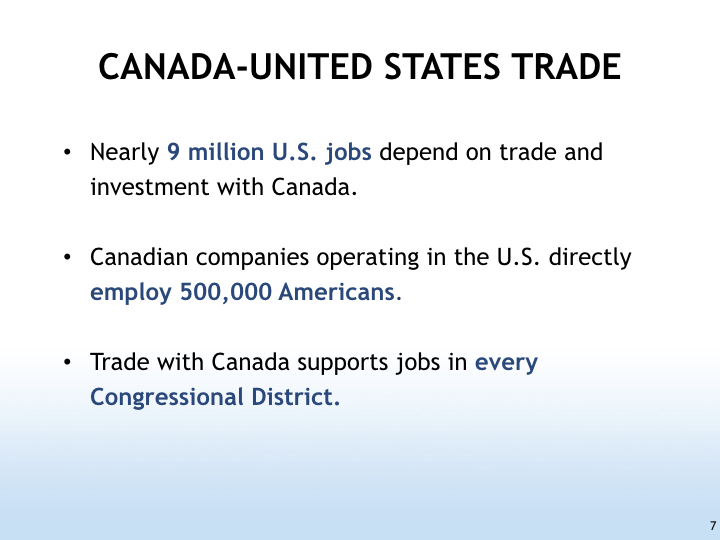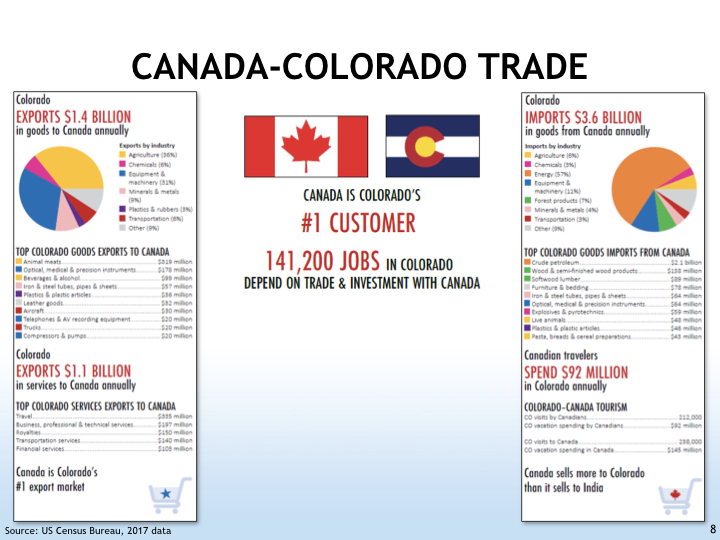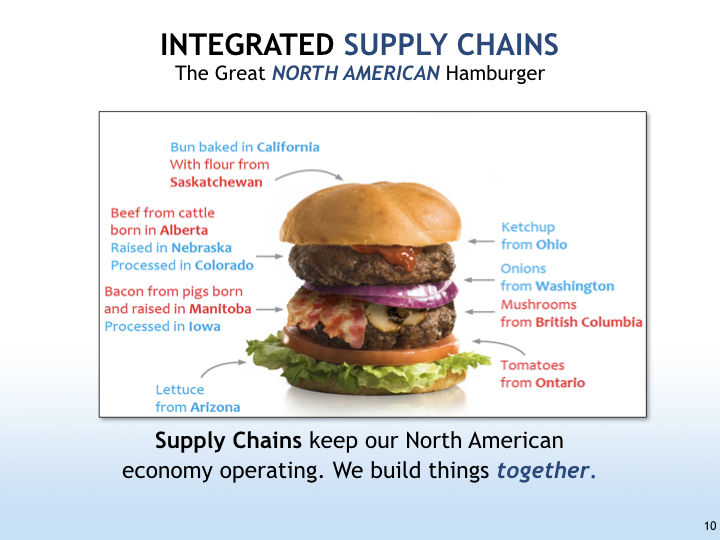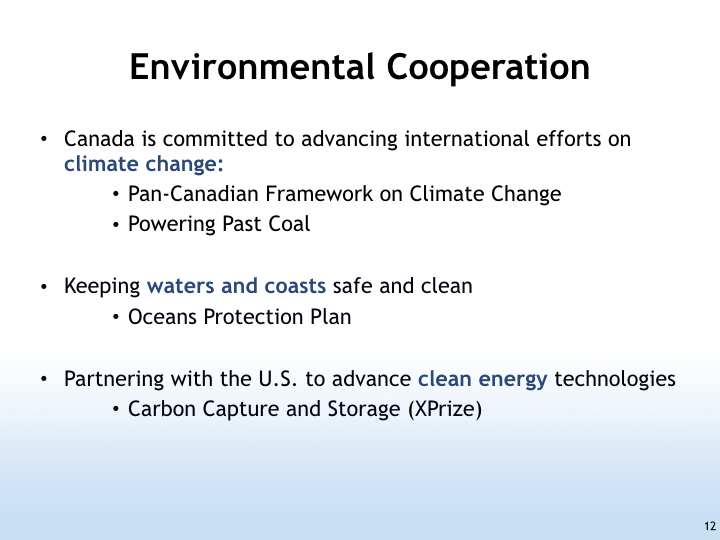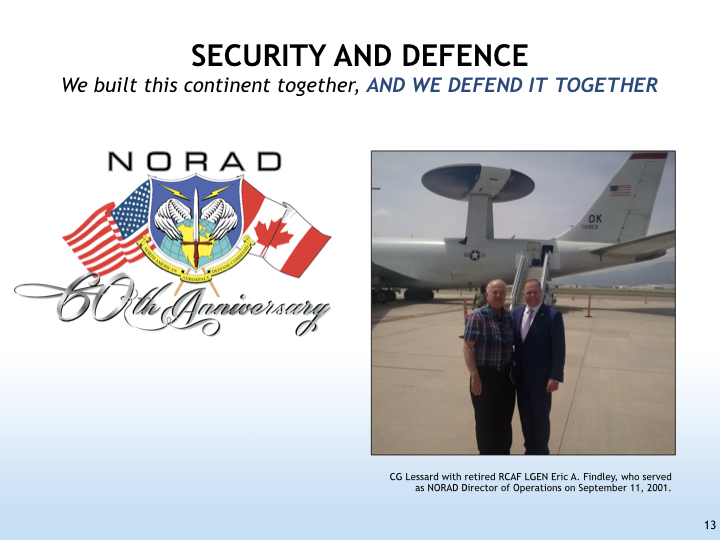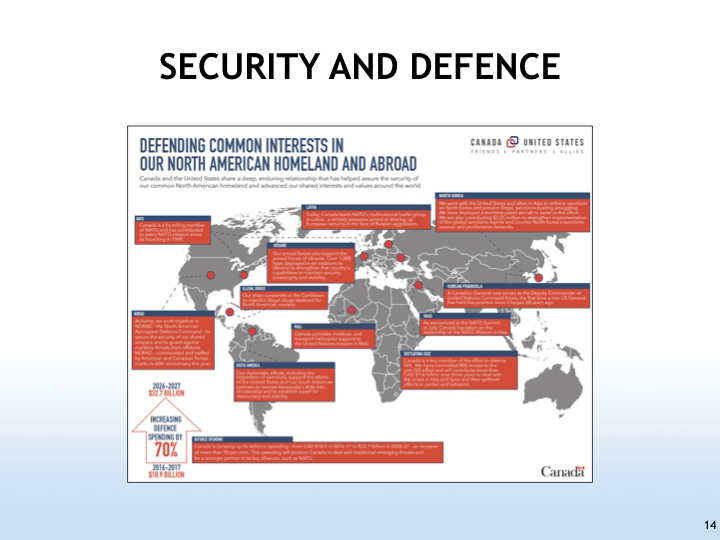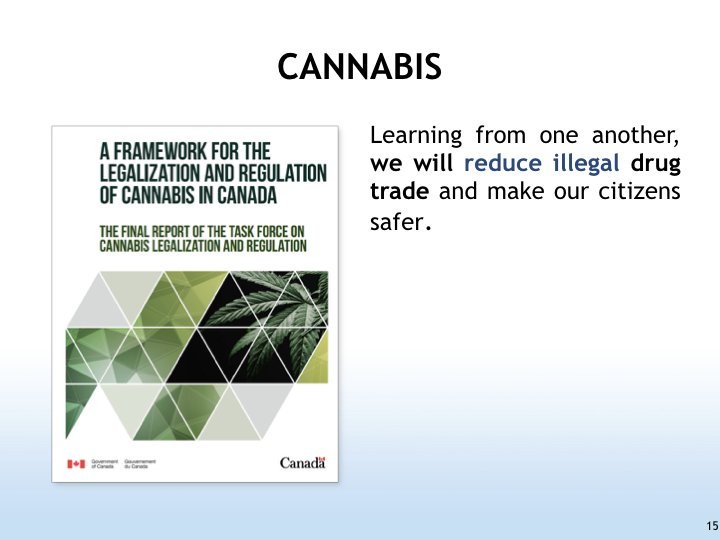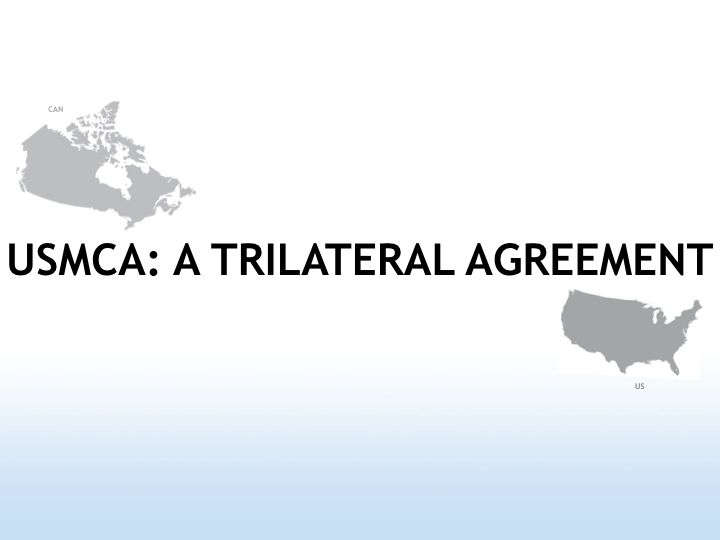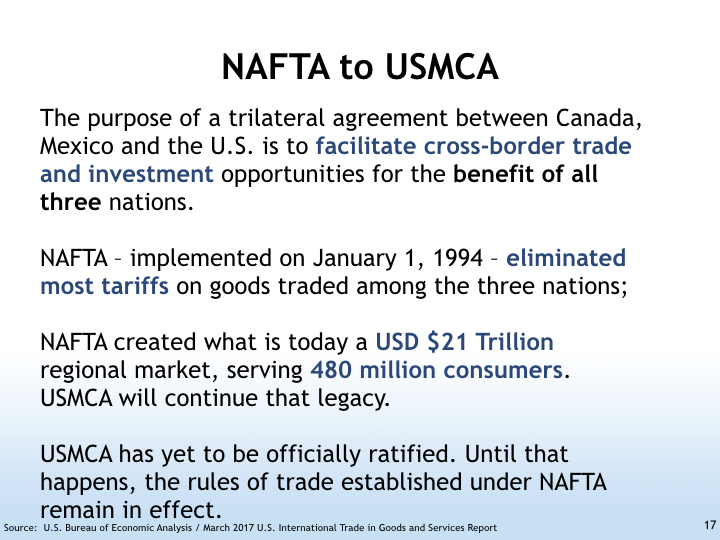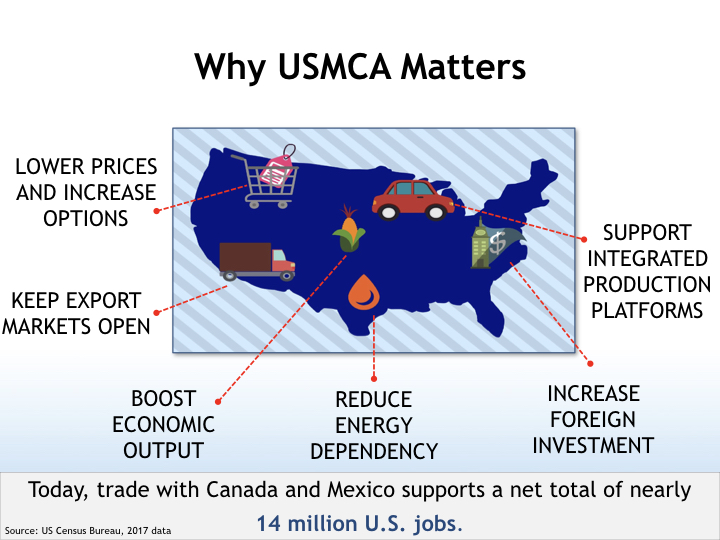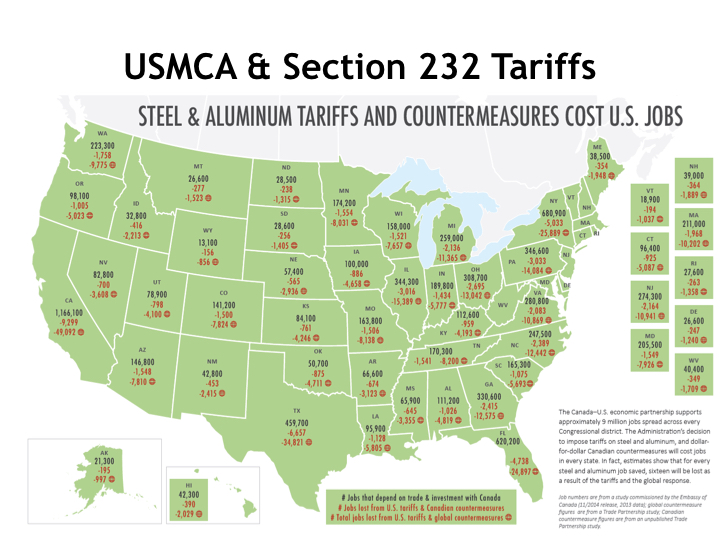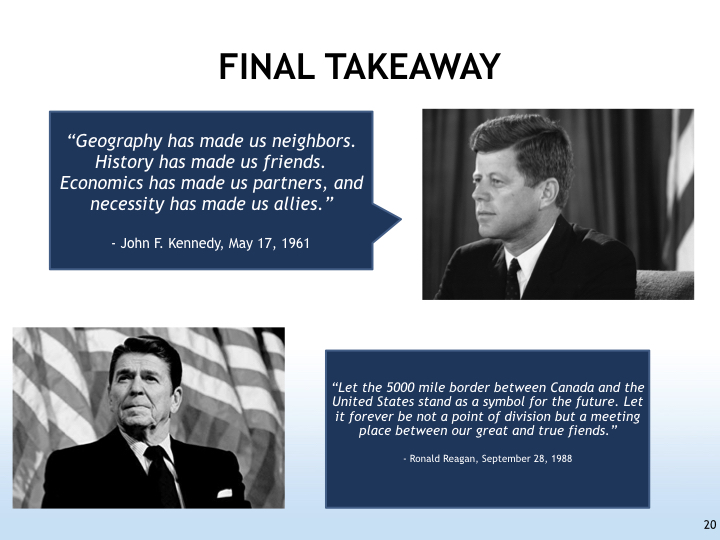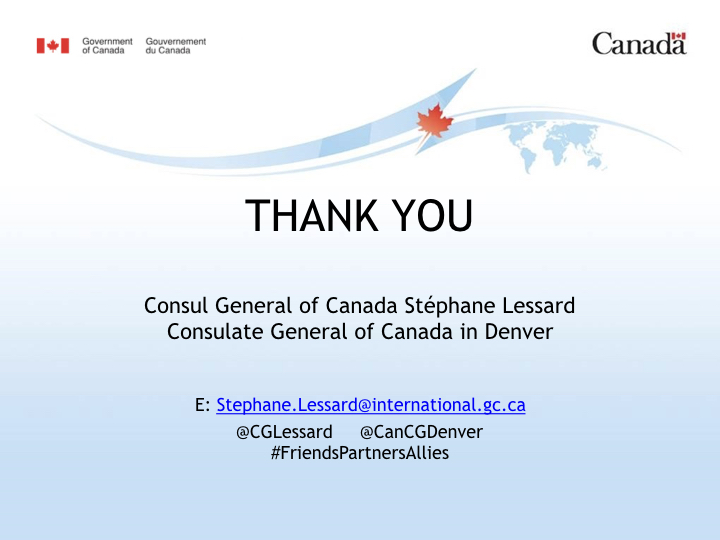In recent weeks North Korea has again been making threats of military action against South Korea, and indirectly against Seoul’s allies, including the United States. President Trump seems to equivocate- one time publically stressing his good personal relationship with North Korea’s President Kim Jong Un and another time being more bellicose. What is happening?
There is none able to better address this dichotomy than Keith Luse, Executive Director of The National Committee on North Korea. The National Committee on North Korea is a non-governmental organization dedicated to fostering mutual understanding and trust between the governments and peoples of the U.S. and North Korea. Its mission is to promote peace on the Korean Peninsula through education, information-sharing, and relationship-building.
Luse has a long career in public service in international affairs. He was Senior Policy Advisor for Chairman of the U.S. Senate Foreign Relations Committee, Richard Lugar from 2002-2013. He is a specialist on North Korea and has been a frequent visitor to Pyongyang and participant in various negotiations. He has also worked with the World Bank and the Asia Development Bank.








